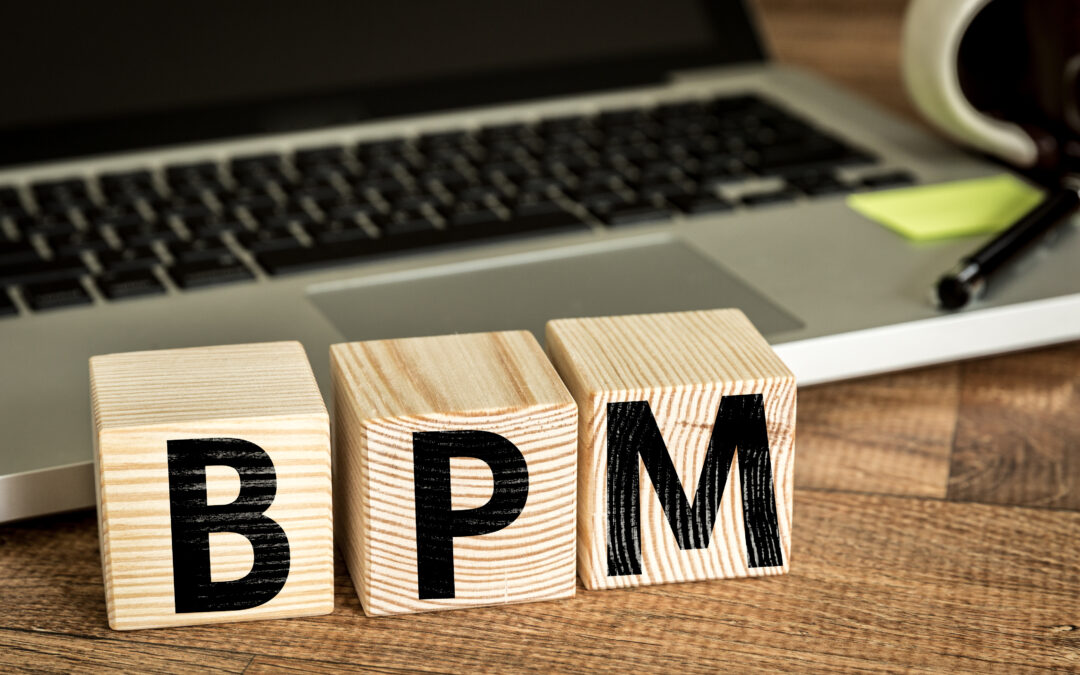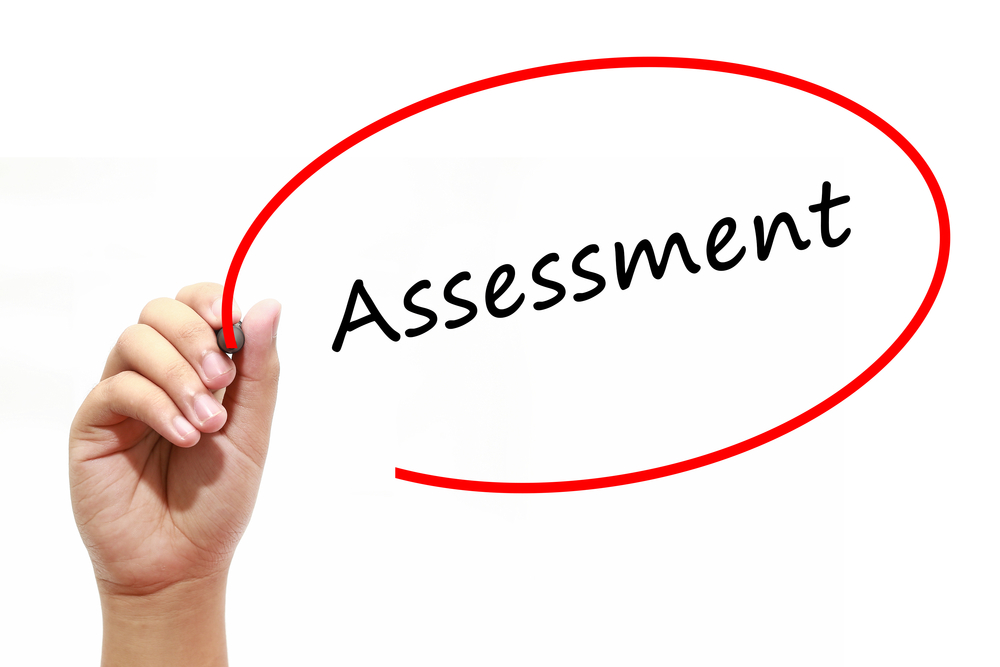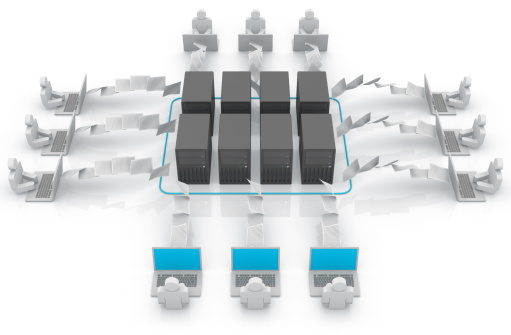Aren’t all businesses “digital”?
If they aren’t now, the winners certainly will be.
“Virtually every firm in every industry is being shaken up by the digital revolution. No chief executive can ignore the onslaught of mobile computing, big data, artificial intelligence and the like. And while companies were once content to wait and see what impact the Internet might have on their business, there is now a broad consensus that processes and practices must be radically transformed to capitalize fully on digital technology.” Zanny Minton-Beddoes, editor of The Economist World in 2015 Report
“72% agreed with the statement ‘These days I consider my company to be a technology company’” and “97% say that their companies will change more in the next 5 years than the past 5 years.” Research by Fortune 500 CEOs, June 2016























